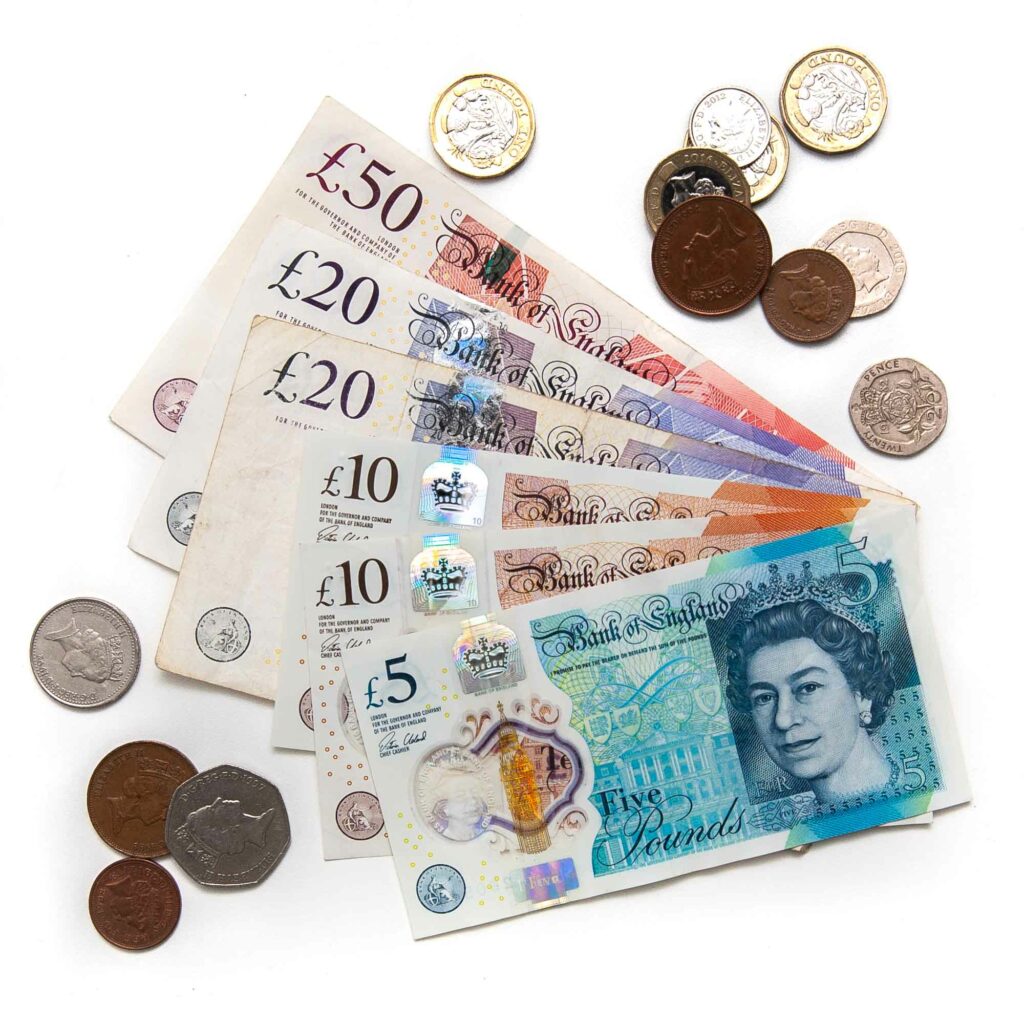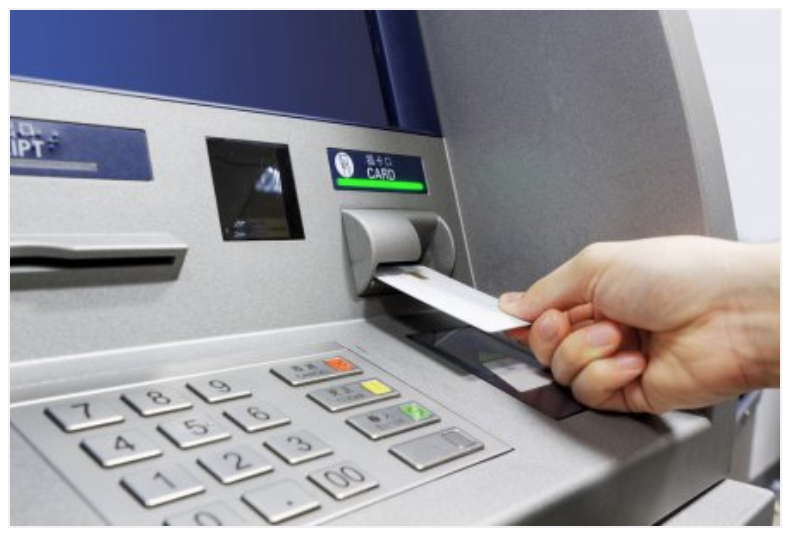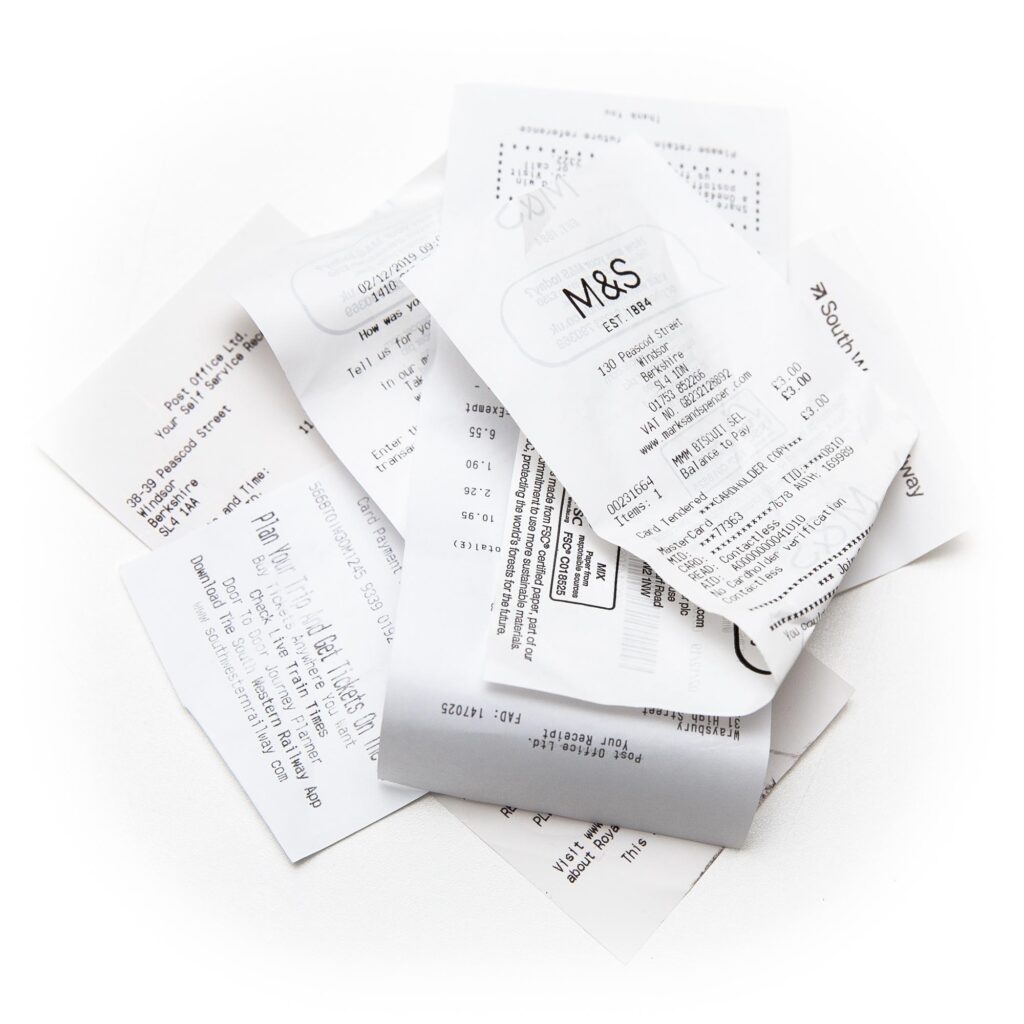What is the carbon footprint of cash? And how can we adjust our payment habits to save the environment? Can we reduce our carbon footprint by making small changes to the way we pay? Find out how you can contribute to fighting climate change.
Carbon Footprint of Banknotes
According to the UK Payment Markets Summary 2019, cash was the most popular payment in the UK until 2016. In 2019, cash payments have mostly been replaced by card payments and only 1 in 4 payments today are paid in cash.The Bank of England calculated the carbon footprint of its banknotes, in order to find out whether the new polymer £5 and £10 banknotes have a lower carbon footprint than the old paper pound banknotes. The study proved that this is indeed the case, and that the new polymer notes have a lower carbon footprint than the older paper ones. The overall carbon footprint of a polymer £10 pound banknote (Jane Austen) is 31 grams CO2. That’s 53% lower than the carbon footprint of the old paper £10 pound banknote (Charles Darwin). This does not take into account the carbon footprint of the ATM network. The ATM network significantly increases the true carbon footprint of polymer £10 banknotes to 436 grams CO2 per banknote over 10 years.
The overall carbon footprint of a polymer £10 pound banknote (Jane Austen) is 31 grams CO2. That’s 53% lower than the carbon footprint of the old paper £10 pound banknote (Charles Darwin). This does not take into account the carbon footprint of the ATM network. The ATM network significantly increases the true carbon footprint of polymer £10 banknotes to 436 grams CO2 per banknote over 10 years.
Carbon footprint of ATM's
ATM’s consume energy both when vending cash and while in stand-by mode. In addition ATM’s need to be replenished, meaning that banknotes and cassettes need to be transported to and from the ATM. As a result, more than 90% of the true carbon footprint of cash is related to ATMs.ATM’s are a good place to start if you want to lower your carbon footprint. Using ATM’s less frequently will lower your carbon footprint. As an alternative you can use debit card cashback.
Carbon footprint of Receipts
Paper receipts have a surprisingly large carbon footprint. Most receipts are tossed away instantly and aren’t recyclable. Nearly 10 billion receipts are wasted every year in the UK, equivalent to 53,000 trees. Source: Huffpost UKTo reduce your carbon footprint, you should try to avoid paper receipts. If you want to take it a step further, you can speak to your MP and ask them to introduce legislation that requires all vendors to offer digital receipts by default, similar to the Skip the Slip bill introduced in California.

 Loading
Loading